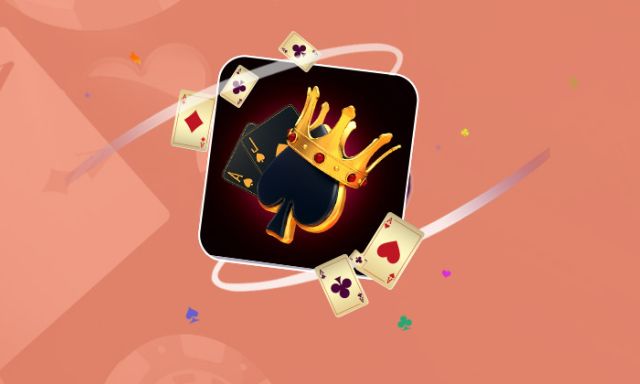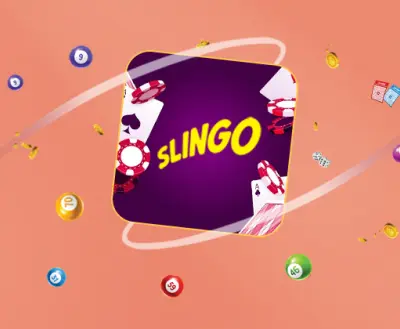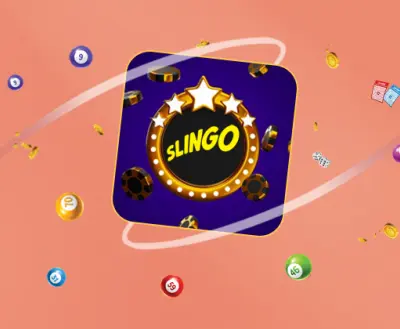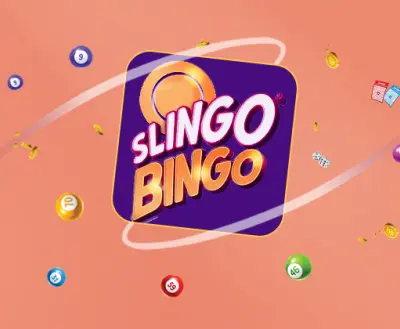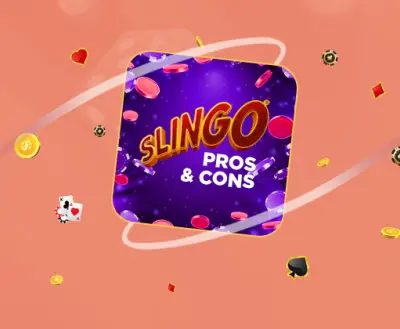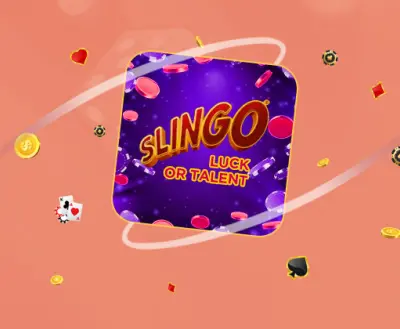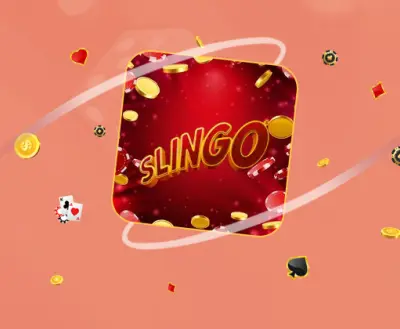Blackjack Terms Meaning: A Beginner’s Guide
Welcome to the fascinating world of blackjack, a popular casino game that combines strategy, luck, and skill. The sound of shuffled decks, the sight of green felt, and the thrill of hitting a perfect '21' - these experiences are integral to the game. Yet, the essence of blackjack goes beyond gameplay mechanics and involves its own unique language. Blackjack terms and jargon serve as more than just vocabulary, they are the codes that unlock the game's true potential.
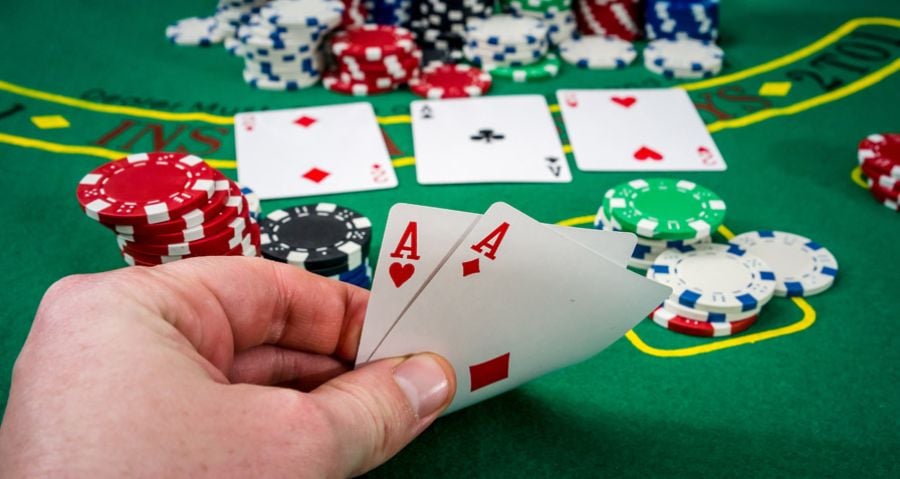
Understanding blackjack terminology is paramount to mastering the game. It empowers players to make informed decisions, communicate effectively, and fully engage with the vibrant culture of blackjack. You might be wondering, "What does it mean to 'hit,' 'stand,' or 'double down'?" Fear not, this beginner's guide is designed to unravel the rich tapestry of blackjack lingo, from the basics to advanced terms.
Our mission is to equip you with the blackjack glossary and knowledge that will help you navigate the blackjack table with confidence and ease.
Laying the Foundation: Essential Blackjack Terms
The world of blackjack can be a bit intimidating for newcomers, but don't worry! We're here to guide you through the foundational blackjack terms, laying the groundwork for your blackjack mastery.
Hit
One of the most basic blackjack terms you'll come across is Hit. To "hit" means to ask the dealer for another card.
For instance, if your first two cards total 11, you might want to "hit" in hopes of getting a 10, thus reaching the magic number of 21.
Understanding this simple command is the first step in communicating with the dealer and making strategic gameplay decisions.
Stand
On the flip side, there's the term Stand. Standing in blackjack means that you're satisfied with your hand and don't wish to draw any additional cards.
For example, if your first two cards total 20, you'd likely want to "stand," since hitting could risk you going over 21 and busting. Knowing when to "stand" is just as crucial as knowing when to "hit," as it helps you avoid unnecessary risks and maximise your chances of winning.
The key to mastering blackjack isn't just about knowing the rules. It's about understanding the lingo that makes the game tick. When you're familiar with terms like "hit" and "stand," you're not just playing the game, you're speaking its language.
The Deck Dictionary: Terms Related to Blackjack Cards
Diving deeper into the language of blackjack, let's shift our focus to the deck itself. The deck and the cards are the heart of blackjack, and they have their own set of jargon to boot.
Burn Card
A Burn Card is the first card dealt from a new deck or shoe, which the dealer discards, or "burns", before starting the game. It's an age-old tradition meant to ensure fairness and prevent any potential advantage a player might have gained by card counting in the previous game.
Cut Card
In contrast, a Cut Card is a plastic card used to cut the deck after shuffling. It's placed towards the end of the deck to indicate when it's time for a reshuffle.
Knowledge of these terms won't necessarily affect your gameplay strategy, but they will enhance your understanding and enjoyment of the game.
Up Card
In the context of the game, the dealer's Up Card is a vital element for your strategic decisions. This card is dealt face-up, and based on its value, you'll need to decide whether to hit, stand, double down, or split.
For example, if the dealer's up card is a six, basic strategy suggests that standing on a hard 12 or higher would be the best option, as the dealer is likely to bust.
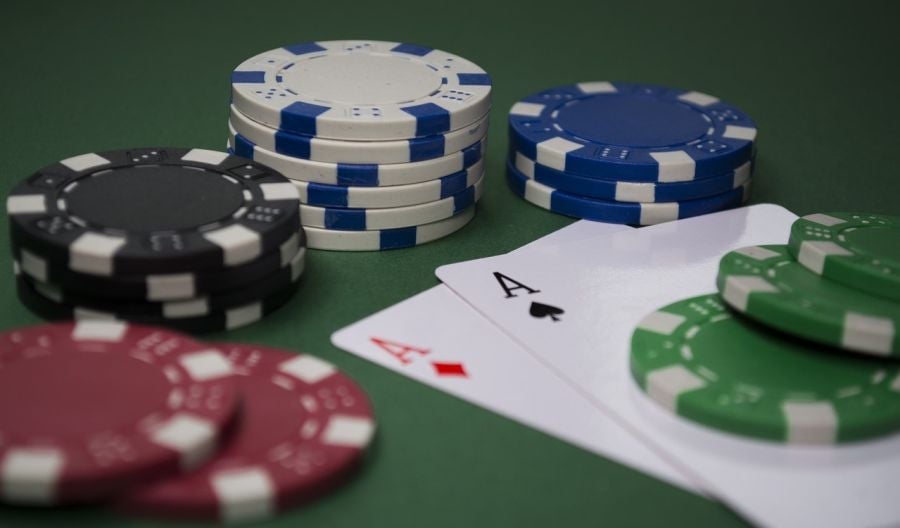
Betting Basics: Terms for Placing Bets in Blackjack
Now that we've covered the basic terms and card-related jargon let's talk money - specifically, betting in blackjack. Familiarity with betting terms is essential to grasp the financial aspect of the game and develop a strategic approach
House Edge
The House Edge refers to the mathematical advantage that the casino has over the players in the long run. It's an unavoidable aspect of casino games that ensures they turn a profit. In blackjack, the house edge can be influenced by the rules of the game and the skill level of the player.
For example, a game with more decks increases the house edge, while good strategy from the player can decrease it.
Colour Up
Colour Up is a term used when a player exchanges smaller denomination chips for larger ones. This is usually done for ease of handling.
For instance, if you've had a successful run at the blackjack table and now have a large pile of £5 chips, you might ask the dealer to "colour up" to £25 or £100 chips.
Levelling Up: Advanced Blackjack Terminology
Double Down
Double Down is an option that allows you to double your original bet after receiving your first two cards. However, the catch is that you're only allowed to draw one more card. It's a high-risk, high-reward move that requires careful consideration.
For instance, if your first two cards total 11, and the dealer's upcard is anything but an Ace, it could be a good opportunity to double down, hoping for a 10-value card next.
Split
Next up is the term Split. In blackjack, if your first two cards have the same value, you can choose to 'split' them into two separate hands, each with its own bet equal to the original one.
For example, if you're dealt two 8s, you can split them and essentially play two hands in one round. This strategy can be beneficial in certain situations, like when you have a pair of 8s and the dealer's upcard is less than 8.
Talking the Talk: The Role of Jargon and Slang in Blackjack
Now that we've looked at some of the advanced terminology let's take a moment to appreciate the unique language of blackjack. Just like any other subculture, the world of blackjack has its own set of jargon, slang, and even humorous expressions that add colour to the game.
Hard Hand/Soft Hand
You'll often hear blackjack players refer to their hands as 'hard' or 'soft.' A Hard Hand is a hand without an Ace, or with an Ace valued as 1. A Soft Hand, on the other hand, is a hand with an Ace valued as 11.
Understanding the difference between the two can significantly impact your strategy. For instance, with a soft hand, you can be more aggressive in your hits without the risk of busting.
Five Card Charlie
Here's a fun phrase you might come across - Five Card Charlie. It's a rule in some variations of blackjack where if a player draws five cards without busting, they automatically win, regardless of the dealer's hand. It's a rare occurrence but a delightful one when it happens.
Blackjack Language in Action: Applying Terminology to Real Gameplay
With a grasp of the essential and advanced blackjack terminology under your belt, it's time to dive into the practical application of these terms in a real gameplay situation. This is where all that vocabulary comes to life, impacting your strategy and, potentially, your winning odds.
Understanding blackjack language is not merely about memorization; it's about making these terms a part of your gameplay lexicon to navigate the gaming table like a seasoned pro.
Knowing When to Double Down
In the dynamic world of blackjack, 'double down' is more than just a term - it's a high-risk, high-reward move that can turn the game in your favour if used correctly. Doubling down means to double your original bet after receiving the first two cards, after which you get one more card. It's a bold move that signifies confidence in your hand.
Strategically, there are specific instances when doubling down can increase your chances of securing a win. For instance:
- When your cards add up to 11 and the dealer's upcard is anything but an Ace: This situation offers a solid chance of hitting a total of 21, a potential win unless the dealer also hits blackjack.
- When you have a soft 16, 17, or 18 and the dealer's upcard is less than 6: A 'soft' hand means it contains an Ace that can be counted as 1 or 11. If the dealer has a low upcard, doubling down could maximise your profit on the hand.
Effectively Splitting Pairs
Splitting pairs, another term in your blackjack glossary, is an opportunity to turn a challenging hand into a potential advantage. When you're dealt two cards of the same rank, you have the option to 'split' them into two separate hands. By doing so, you are essentially doubling your bet, but you also double your chances to win.
Certain card combinations provide ideal opportunities for splitting:
- Always split Aces and 8s: Two Aces give you either 2 or 12, but if you split them, there's a good chance of hitting 21 on at least one of the hands. Splitting 8s is also recommended because 16 is considered the worst blackjack hand.
- Never split 10s or 5s: A pair of 10s gives you a total of 20, which is a strong hand to win the game. Similarly, a pair of 5s should be treated as a 10 and doubled down if the dealer's upcard is weak.
Why Blackjack Vocabulary Matters
You might wonder why we're putting so much emphasis on blackjack vocabulary. Well, language is a powerful tool in any context, and blackjack is no different.
Knowledge of blackjack terms and their implications can provide a significant competitive edge. The more terms you're familiar with, the more in-tune you are with the game's nuances, making it easier to strategise, react to the dealer's moves, and make the most of your hand.
Moreover, a strong grasp of blackjack terminology enhances your enjoyment of the game. It allows you to fully immerse yourself in the blackjack culture and engage more deeply with the game and its players. Remember, playing blackjack isn't just about winning—it's about enjoying the journey. And understanding the language of blackjack is a big part of that journey.
Conclusion
As we've journeyed through the realm of blackjack terminology together, we hope you've gained a greater appreciation for the language of the game. Remember, every card game has its unique dialect, and mastering the language of blackjack can significantly enrich your playing experience, strategy, and ultimately, your success rate.
We encourage you not just to learn these terms, but to practise them. Play blackjack regularly, either online here at Foxy Bingo or at a physical casino, and apply these terms and strategies. You'll be surprised at how quickly the blackjack lingo becomes second nature to you, enhancing your comfort level with the game.
At the end of the day, language shapes our experiences. In blackjack, this is as true as in any other aspect of life. Whether you're using basic terms like 'hit' and 'stand,' advanced jargon like 'double down' and 'split,' or even fun phrases like 'Five Card Charlie,' each word and phrase has the power to influence your gameplay and strategy.
So, keep playing, keep learning, and most importantly, enjoy every step of your blackjack journey. Your mastery of blackjack language will not only help you enjoy the game more but will also give you an edge at the table.

